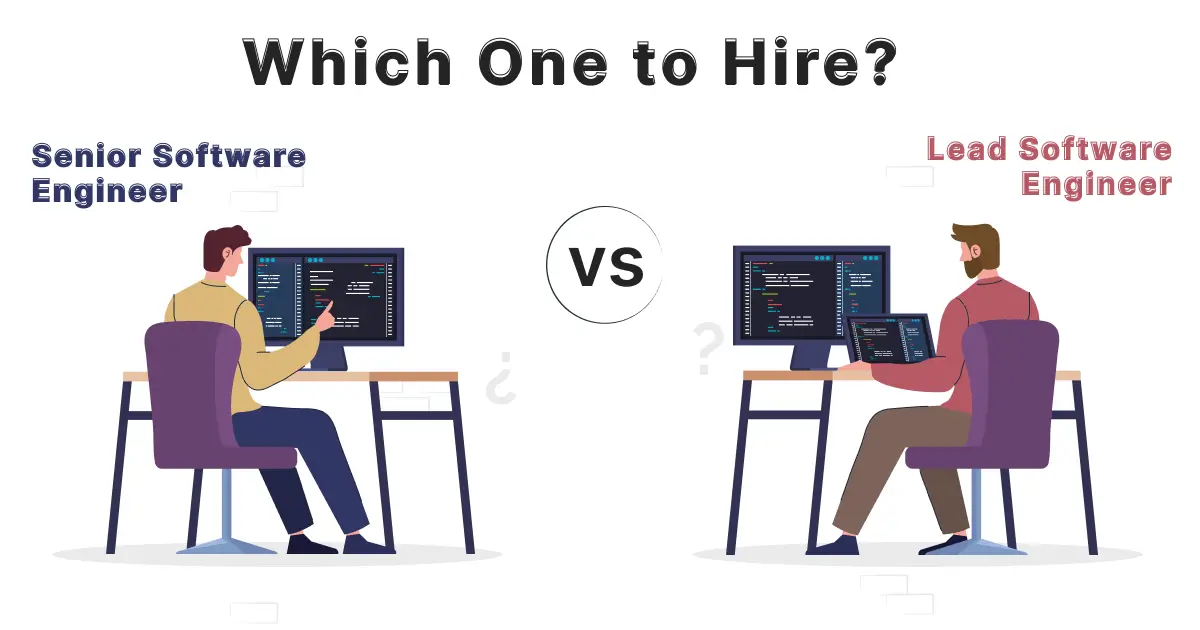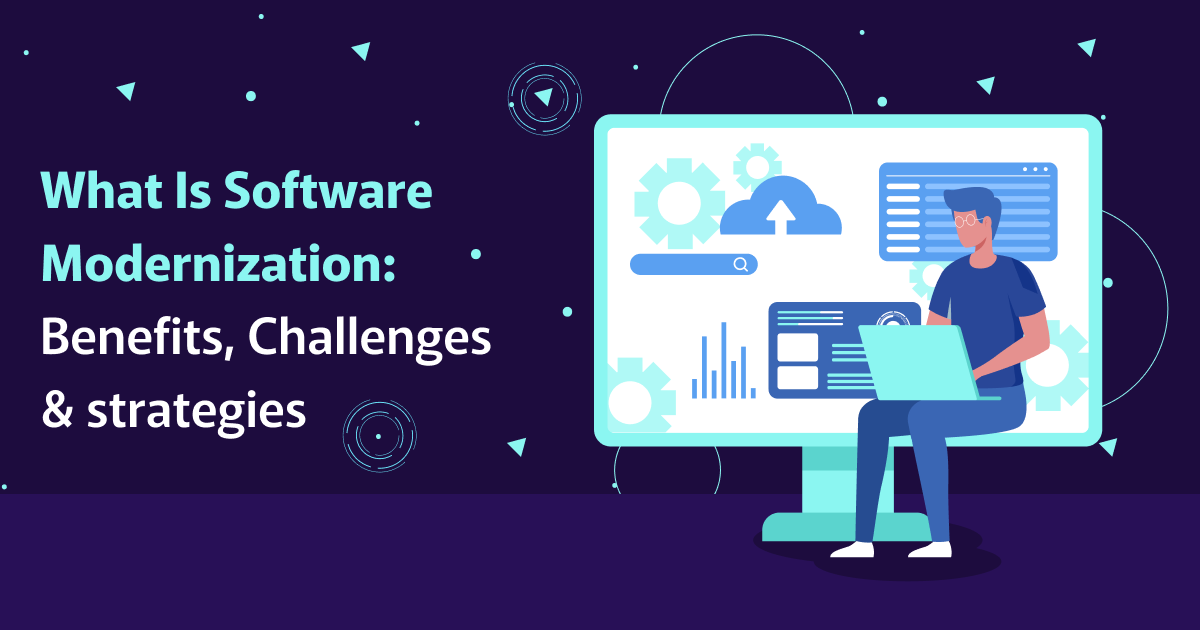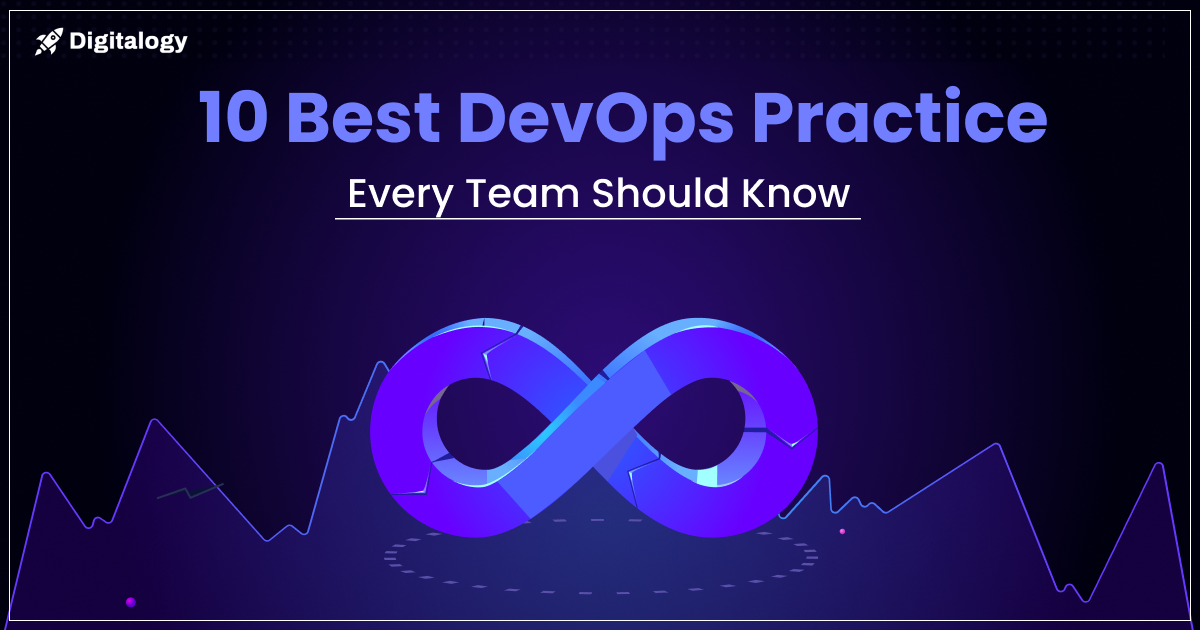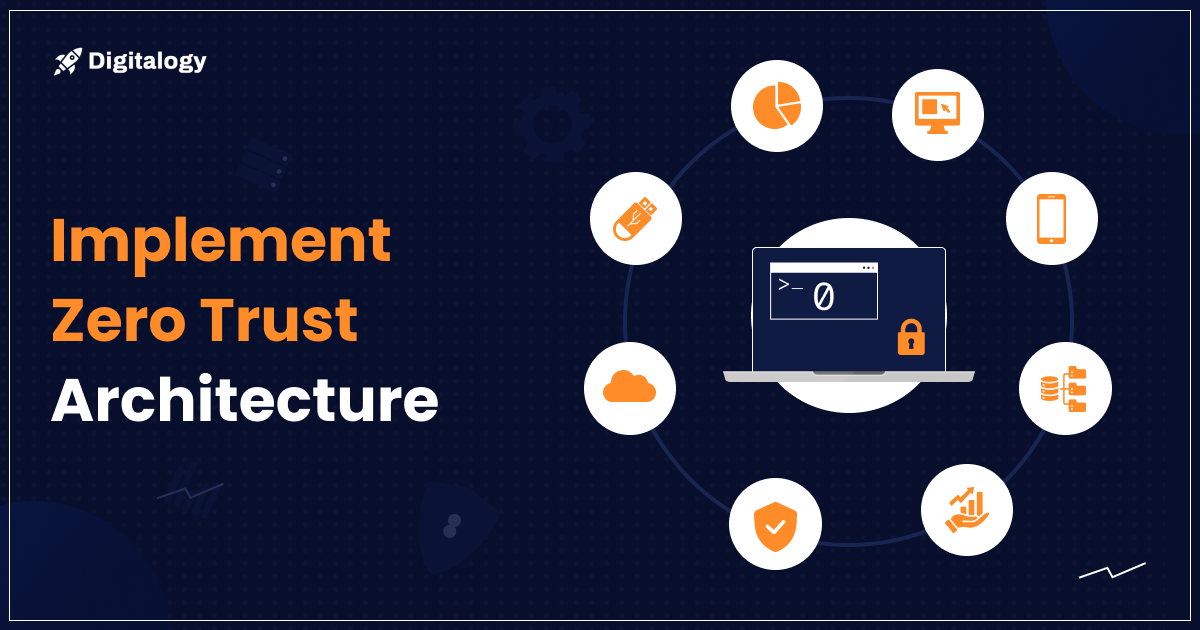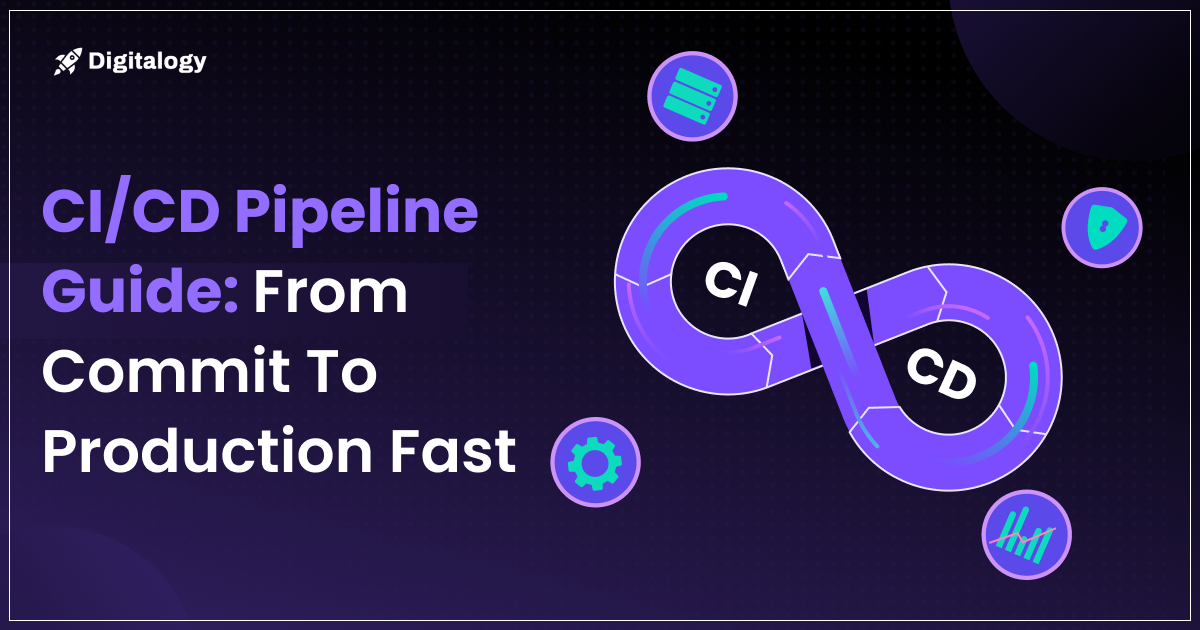When we think of building a robust software development team, choosing the right talent is crucial. Two key roles that often come into consideration are the Lead Software Engineer and the Senior Software Engineer. Both positions require significant expertise and experience, but they serve different purposes within the team. This article explains all the key differences between roles, responsibilities, and salary expectations, and can help you make an informed decision about which professional to hire based on your project’s needs.
Role Definitions and Experiences for Lead Software Engineer
A Lead Software Engineer is a senior-level position that combines advanced technical expertise with leadership and managerial responsibilities. Here’s a detailed look at the role definitions and experiences required for a Lead Software Engineer:-
Role Definitions
- Making strategic technical decisions, including selecting appropriate technologies, tools, and methodologies.
Experiences Required
- 8–12 years of professional experience, most of which was gained in leadership positions within the software development industry.
- extensive familiarity with a variety of tools, frameworks, and programming languages.
- practical experience overseeing software development projects, including their conception, implementation, and completion.
Role Definitions and Experiences for Senior Software Engineer
Within a software development team, a senior software engineer is an experienced expert emphasizing feature implementation, debugging, and advanced coding. They bring significant technical expertise and mentor junior developers while contributing to complex projects. Here’s a detailed look at the role definitions and experiences required for a Senior Software Engineer.
To better understand what this role entails in real-world scenarios, one can explore how companies like Inoxoft software development company, structure their senior engineering teams. These professionals are responsible for writing efficient and scalable code, influencing architectural decisions, ensuring best practices are followed, and leading development cycles from planning to deployment.
Role Definitions
- Writing, testing, and maintaining high-quality code, following best practices and coding standards.
- Identifying, diagnosing, and fixing bugs and performance issues in software applications.
- Creating and maintaining technical documentation for codebases, APIs, and software components.
Experiences Required
- 6-8 years of formal software development experience.
- proficiency with a variety of frameworks, development tools, and programming languages. strong knowledge of algorithms, data structures, and program design patterns.
- practical experience working on diverse projects and participating in the software development lifecycle at different stages.
- a track record of excellence in learning new skills and remaining current with emerging technology, trends, and best practices in the field.
- demonstrated capacity for productive teamwork, cooperating with teammates to accomplish shared objectives.
- Strong communication abilities, both written and verbal, allowing for efficient interactions with stakeholders and team members
What are the Key Differences between a Lead Software Engineer and a Senior Software Engineer?
| Aspect | Lead Software Engineer | Senior Software Engineer |
| Role Focus | Primarily focuses on leading and managing a team | Primarily focuses on advanced technical work |
| Responsibilities | Team leadership, project management, mentoring | Complex coding, debugging, design, and code reviews |
| Decision Making | High-level, strategic decisions | Technical decisions within their area of expertise |
| Team Interaction | Manages team dynamics, resolves conflicts | Collaborates with team members and provides guidance |
| Project Oversight | Oversees entire projects, and ensures alignment with goals | Focuses on specific tasks or modules within a project |
| Technical Expertise | Broad understanding of technology and architecture | Deep, specialized knowledge in specific areas |
| Mentorship | Mentors and develops junior engineers | Provides technical mentorship to peers and juniors |
| Communication | Communicates with stakeholders, management, and team | Communicates technical details to the team and leads |
| Strategic Involvement | Involved in high-level planning and strategy | May be involved in planning, primarily focused on implementation |
| Experience Level | Typically more experienced, often 10+ years | Experienced, often 5-10 years |
| Management Duties | Often has formal management duties, performance reviews | Rarely have formal management duties |
| Innovation and Vision | Drives innovation and long-term vision for projects | Contributes innovative ideas and solutions |
| Problem-Solving Approach | Balances technical and managerial aspects | Focuses on technical problem-solving |
| Client Interaction | more likely to interact with clients and stakeholders | Limited client interaction, focuses on technical deliverables |
| Tools and Technologies | Uses and understands a broad range of tools | Deep expertise in specific tools and technologies |
When to Hire a Lead Software Engineer?
Hire a Lead Software Engineer when your team grows and needs strong leadership and mentorship. They are essential for managing complex projects, ensuring high coding standards, and contributing to the long-term technical strategy.
A Lead Software Engineer is crucial for cross-functional collaboration, handling significant technical challenges, and scaling operations efficiently. They drive innovation, and process improvement, and maintain quality while ensuring successful project execution and alignment with business goals. A Lead Software Engineer can significantly enhance team performance and overall project success if these factors are priorities. It helps in several fields which include:-
- Managing complex projects requires high-level oversight.
- Ensuring high coding standards and best practices is crucial.
- Contributing to long-term technical strategy is necessary.
- Significant collaboration between departments is required.
- Efficiently scaling the development team during organizational growth is needed.
When to Hire a Senior Software Engineer?
Hire a Senior Software Engineer when you need advanced technical expertise and high-quality coding. .
A Senior Software Engineer is crucial for ensuring best practices, contributing to architectural decisions, and enhancing team productivity. They help manage workloads, improve project delivery, and implement efficient development processes. If you require someone who can handle sophisticated technical challenges, provide technical leadership, and support the growth of your development team, a Senior Software Engineer is the right choice. A Senior Software Engineer brings significant technical depth and leadership to your team, crucial for handling complex projects and fostering a culture of excellence in software development.
- Need deep knowledge of specific technologies and frameworks.
- Require solving intricate technical challenges effectively.
- Desire to mentor junior developers and foster their growth.
- Ensure high-quality code through rigorous code reviews and best practices.
What is the average salary of a Lead Software Engineer?
The average salary of a Lead Software Engineer varies based on location, company size, and experience level. According to current data, the average yearly salary in the United States falls between $100,000 and $150,000. In some places, these numbers may be lower, but in tech areas like Silicon Valley, they may be greater. In addition to salaries, bonuses, stock options, and other perks may be offered; this is because software engineering leadership is in high demand and the responsibilities are difficult.
What is the average salary of a Senior Software Engineer?
The location, employer, and experience of a Senior Software Engineer all affect their typical compensation. In the United States, senior software engineers typically earn between $90,000 to $140,000 annually. However, depending on the competitiveness of the IT sector and the cost of living in a given area, incomes can differ dramatically. Additional compensation like bonuses, stock options, and benefits may also contribute to total earnings.
Salary Comparison between a Lead Software Engineer and a Senior Software Engineer
| Criteria | Lead Software Engineer | Senior Software Engineer |
| Average Salary (Annual) | $130,000 | $115,000 |
| Experience Required | 8-12 years | 5-8 years |
| Bonus | $10,000 | $7,000 |
| Stock Options | Yes | Sometimes |
| Primary Responsibilities | Team leadership, project management, architecture design | Code development, debugging, feature implementation |
| Typical Job Titles | Lead Developer, Technical Lead, Engineering Lead | Senior Developer, Senior Engineer, Software Engineer III |
| Location Factor (High Cost Areas) | +20% | +15% |
We provide a basic comparison of the two roles based on several common factors. Depending on the organization, region, and industry, the precise numbers can differ significantly.
Which is Higher: Lead Software Engineer or Senior Software Engineer?
Generally speaking, a Lead Software Engineer is more senior than a Senior Software Engineer. Lead software engineers often work for $120,000 a year and have 7-11 years of experience. They manage teams, oversee projects, and design system architecture. In contrast, senior software engineers usually have 5-8 years of experience and an average salary of $115,000. They focus more on coding, debugging, and implementing features. The broader responsibilities and leadership roles of Lead Software Engineers place them higher in the organizational hierarchy compared to Senior Software Engineers.
Conclusion
Deciding whether to hire a Lead Software Engineer or a Senior Software Engineer depends on your organization’s specific needs and goals. If your team requires strong leadership, effective project management, and strategic alignment with business objectives, a Lead Software Engineer is the right choice.
On the other hand, if you need deep technical expertise, advanced problem-solving skills, and hands-on contribution to the development process, a Senior Software Engineer will be more beneficial. Both roles are vital for the success of any software development team, and understanding their differences will help you make an informed hiring decision that supports your organization’s growth and innovation.
FAQs
Ques 1. What is the primary focus of a Lead Software Engineer?
Managing a development team, overseeing projects, and designing system architecture.
Ques 2. What is the usual experience requirement for a Senior Software Engineer?
Usually 5-8 years of experience in software development.
Ques 3. What career advancements are common for a Lead Software Engineer?
Progressing to roles like Engineering Manager, Director of Engineering, or CTO.
Ques 4. What is a key skill for a Senior Software Engineer?
advanced knowledge of several programming languages and advanced coding abilities.

